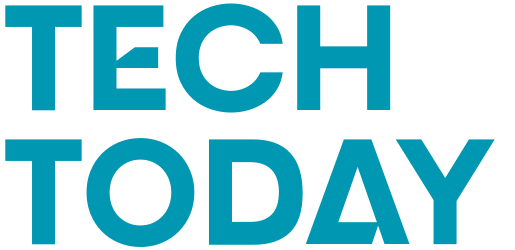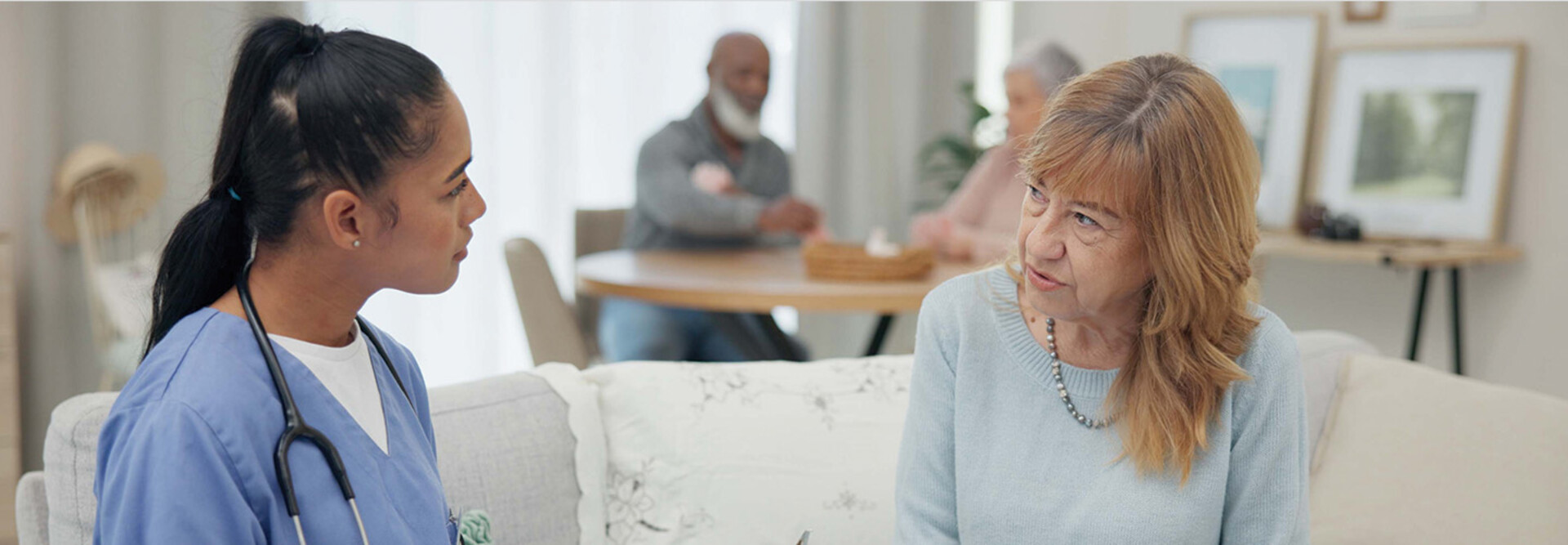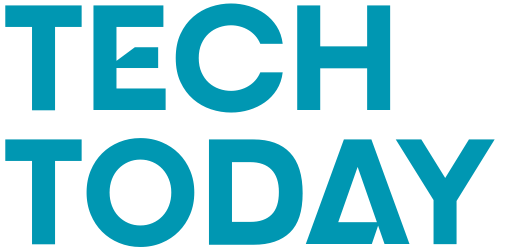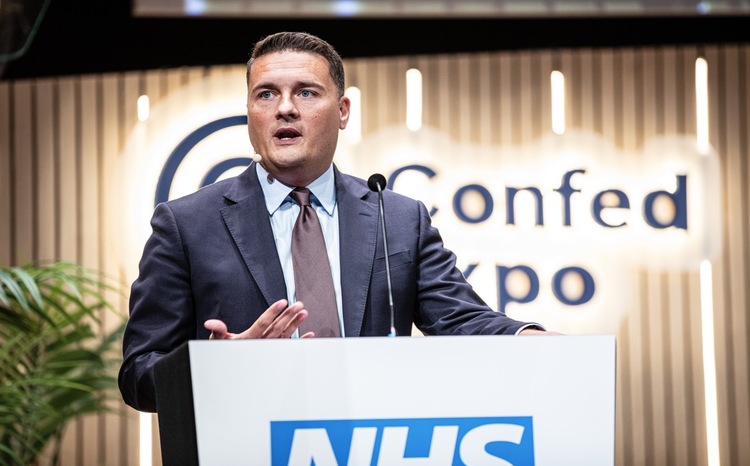The Department of Health and Social Care has announced 45 pilot schemes across England using remote monitoring and self-reporting tools through the NHS App.
Once in full flow, remote monitoring is expected to free up around 500,000 appointments every year.
The push to bring in more remote monitoring is intended to allow patients to share key health information, such as blood pressure, oxygen levels, or other symptoms, without needing to travel for an appointment.
In many cases, patients will be able to complete digital forms and questionnaires via the NHS App rather than attending hospital. Others with long-term conditions will be able to have routine tests carried out locally, with hospital specialists reviewing results remotely.
Wes Streeting, health secretary, said: “Using tech to bring care closer to home frees up hospital appointments for those who truly need them and makes life simpler for everyone. That’s our mission: care that’s easier, faster, and always within reach.
“Through innovative approaches like this and NHS Online – which will digitally connect patients to expert clinicians anywhere in England – we are building a smarter NHS all while easing pressures on busy hospitals and stretched staff.”
Many of the pilot schemes will focus on five key specialisms: ear, nose, and throat (ENT), gastroenterology, respiratory medicine, urology, and cardiology.
Portsmouth Hospitals University NHS Trust will introduce digital pre-appointment questionnaires through the NHS App for patients with suspected respiratory conditions, which are expected to increase the number of patients being treated by the trust within 18 weeks.
In Leeds, men who have previously been treated for prostate cancer will be able to provide regular updates on their health to be reviewed by specialists, book appointments, and message clinicians from anywhere using the NHS App.
The projects will help inform the wider expansion of remote monitoring across long-term conditions, pledged by the government in its elective reform plan, published in January 2025.
Ian Eardley, national clinical director for elective care at NHS England, said: “Right across the country the NHS is harnessing the latest technology to ensure people can get the care they need more quickly and conveniently, and closer to home.
“Remote monitoring enables vital information to be shared more easily and efficiently between patients and their health teams – allowing people to get the support they need without an unnecessary trip to hospital.”
NHSE is also launching a clinical trial, backed by £1.7 million from the National Institute for Health and Care Research (NIHR), to support people living with motor neuron disease (MND) using remote monitoring tech to help them access breathing support from home.
Professor Lucy Chappell, chief scientific adviser to the DHSC and chief executive of the NIHR, said: “Funding world-class research into conditions such as Motor Neuron Disease helps build the evidence needed to improve care and leads to better treatments in the future.
“This work also supports the shift towards more care delivered closer to home, with digital tools offering more convenient access for patients, freeing up staff time and helping to reduce pressure on services.”












